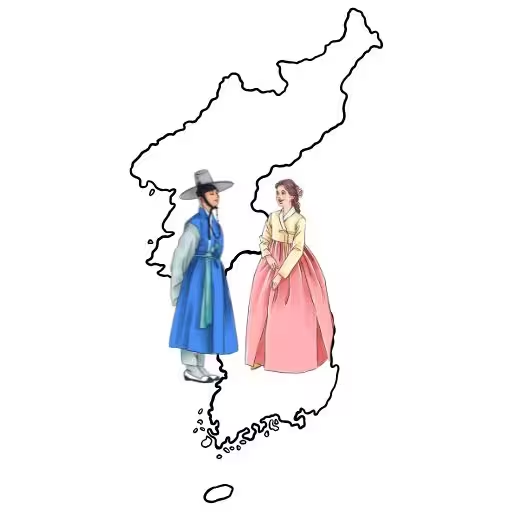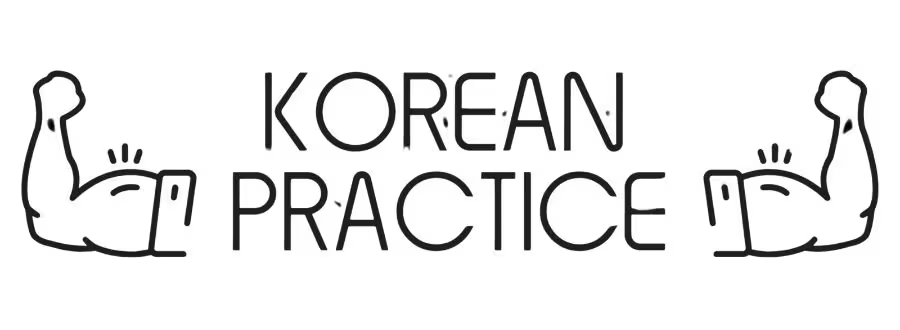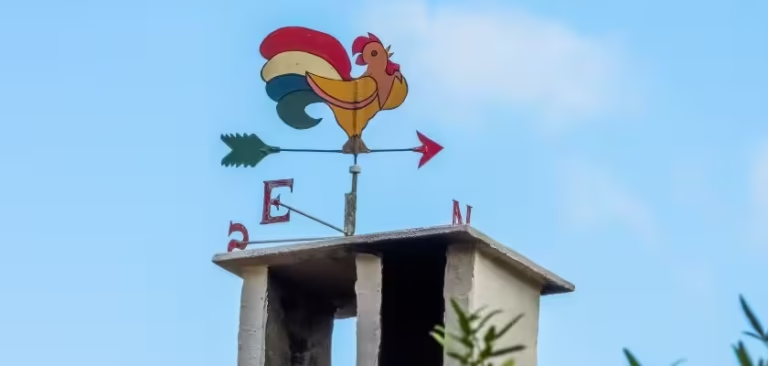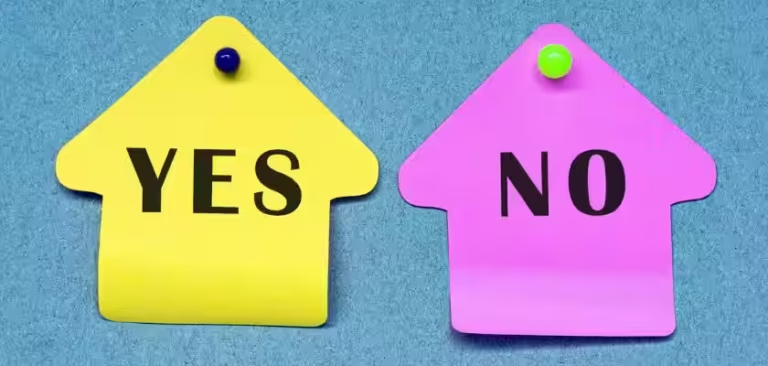Table of Contents
If you’re learning Korean, you’ve probably wondered how to say you in Korean language. It seems simple at first—but Korean is a language that values respect, and the way you refer to you in Korean language can change based on age, relationship, and situation. In this post, we’ll break down the most common forms of you in Korean word, give examples, and explain when to use (or avoid) each one.
너 (neo) – You in Korean Informal
- 너 is used between close friends or when speaking to someone younger. It’s casual and friendly, but also limited to familiar relationships.
Example
Original Korean Sentence
너 뭐 해?
Pronunciation Guide
너 (neo) 뭐 (mwo) 해 (hae)?
Meaning and Context
너 (you; casual/informal) 뭐 (what) 하 (to do) 해 (are; I’m asking you casually).
Pronunciation Patterns for Conjugations
⊳ 하 changes to 해
Grammar
너: Informal form of “you,” used with close friends or someone younger.
뭐: Shortened form of 무엇, meaning “what.”
해: Present tense informal conjugation of 하다.
English Translation
What are you doing?
Literal Translation
You what doing?

Example
Original Korean Sentence
너는 내 친구야.
Pronunciation Guide
너는 (neo-neun) 내 (nae) 친구야 (chin-gu-ya).
Meaning and Context
너 (you; casual/informal) 는 (topic marker; I’m going to talk about me) 내 (my) 친구 (friend) 야 (are; I’m telling you casually).
Grammar
내: “My” – informal possessive
English Translation
You are my friend.
- Caution: Using you in Korean language with strangers, elders, or in formal settings is considered very rude or disrespectful.

Want to learn Korean in a simple and structured way, just like this? My courses break down grammar step by step, making Korean easy to understand. Plus, you can try free sample lessons. Ready to start?
당신 (dangshin) – You in Korean Formal but Tricky
This you in Korean language is often listed in textbooks as “you,” but in real-life conversation, it’s used very carefully. It might appear in romantic contexts (like between couples) or in arguments to sound confrontational.
Example
Original Korean Sentence
당신은 나의 전부예요.
Pronunciation Guide
당시는 (dang-si-neun) 나에 (na-e) 전부예요 (jeon-bu-ye-yo).
Meaning and Context
당신 (you – formal/romantic) 나의 (my) 전부 (everything) 예요 (are; I’m telling you polite and friendly).
Grammar
* 나의: “My” in a formal written style
English Translation
You are my everything.
Example
Original Korean Sentence
당신이 뭘 알아요? (can sound harsh!)
Pronunciation Guide
당시니 (dang-si-ni) 뭘 (mwol) 아라요 (a-ra-yo)?
Meaning and Context
당신 (you; formal) 이 (subject marker; I’m going to talk about you) 뭘 (what; contracted form of 무엇을) 알 (to know) 아요 (I’m asking you casually)?
English Translation
What do you know?
Literal Translation
You what know?
- Caution: Avoid using 당신 in casual speech unless you’re sure it’s appropriate. It can easily sound distant, formal, or even aggressive depending on tone and context.
Koreans often avoid directly saying you. Instead, they prefer titles, names, or third-person forms.
그쪽 (geujjok) – Polite but Distant
- polite way to refer to “you” (used in neutral or business contexts, often between strangers)
Example
Original Korean Sentence
그쪽 생각은 어때요?
Pronunciation Guide
그쪽 (geu-jjok) 생가근 (saeng-ga-geun) 어때요 (eo-ttae-yo)?
Meaning and Context
그쪽 (you; polite, neutral, original meaning is there, that way) 생각 (opinion/thought) 은 (my topic is your opinion) 어때 (how is it) 요 (is; I’m asking you polite and friendly)?
Grammar
* 어떻다 → 어때요; Polite question asking for someone’s opinion or condition.
English Translation
What do you think?
Literal Translation
How is you(r) opinion?
자네 (jane) – Old-fashioned and Hierarchical
- This you in Korean language is used by older speakers toward younger ones, often in traditional or rural settings
Example
Original Korean Sentence
자네는 어떻게 생각하나?
Pronunciation Guide
자네는 (ja-ne-neun) 어떳케 (eo-tteot-ke) 생각카나 (saeng-gak-ka-na)?
Meaning and Context
자네 (you – older speaking to younger, somewhat old-fashioned) 는 (my topic is you) 어떻게 (how) 생각하 (to think) 나 (is; I’m wondering in a casual way)?
English Translation
What do you think?
Literal Translation
How you think?
너희 (neohi) – You Guys, Informal and Plural
- This you in Korean language is used to address a group casually; common among friends or younger people
Example
Original Korean Sentence
너희 지금 어디야?
Pronunciation Guide
너희 (neo-hi) 지금 (ji-geum) 어디야 (eo-di-ya)?
Meaning and Context
너희 (you guys; plural informal) 지금 (now) 어디 (where) 야 (are; I’m asking you guys casually)?
English Translation
Where are you guys now?
직함 or 이름 + 씨 (e.g. 선생님 / 지민 씨) – Respectful and Safe
- Using someone’s title or name + 씨 is the most natural and respectful way to refer to you in Korean language.
Example
Original Korean Sentence
선생님은 어떻게 생각하세요?
Pronunciation Guide
선생니믄 (seon-saeng-ni-meun) 어떳케 (eo-tteot-ke) 생각카세요 (saeng-gak-ka-se-yo)?
Meaning and Context
선생님 (you; original meaning is teacher) 은 (my topic is you) 어떻게 (how)
생각하 (to think) 세요(are; I’m asking you honorific style)?
English Translation
What do you think, teacher?
Literal Translation
How do teacher (you; not real teacher) think?
Example
Original Korean Sentence
지민 씨 생각을 말해 주세요.
Pronunciation Guide
지민 (ji-min) 씨 (ssi) 생가글 (saeng-ga-geul) 말해 (mal-hae) 주세요 (ju-se-yo).
Meaning and Context
지민 (name) 씨 (Mr, Mrs, Ms; I call your name in a polite way) 생각 (thoughts) 을 (my object is what you think) 말하 (to tell) 해 주세요 (please).
Pronunciation Patterns for Conjugations
⊳ 하 changes to 해
English Translation
Please tell me what you think, Jimin.
Literal Translation
Please tell Jimin thoughts.
Important Tips When Using You in Korean
- Avoid using “you” whenever possible. Instead, use the person’s name or title.
- If you’re unsure, use polite or indirect language.
- Pay close attention to age, status, and relationship—these influence the correct form of address.
- In written or public speech, you is almost always replaced by proper nouns or titles.
Conclusion: Mastering You in Korean
The word you in Korean language is not just one word—it’s a system of respect. Unlike English, where you is universal, Korean has many ways to express you depending on social context. Learning these forms helps you avoid sounding rude and lets you communicate naturally and respectfully in Korean.
Want to learn more useful expressions like these? Explore our Korean stories and grammar tips made just for learners like you!
Sign up for my newsletter and get
📖 Korean short stories
🎧 Listening practice with audio
❓ Vocabulary and grammar quizzes
🎁 Free courses
📝 Blog updates
– all delivered straight to your inbox!










